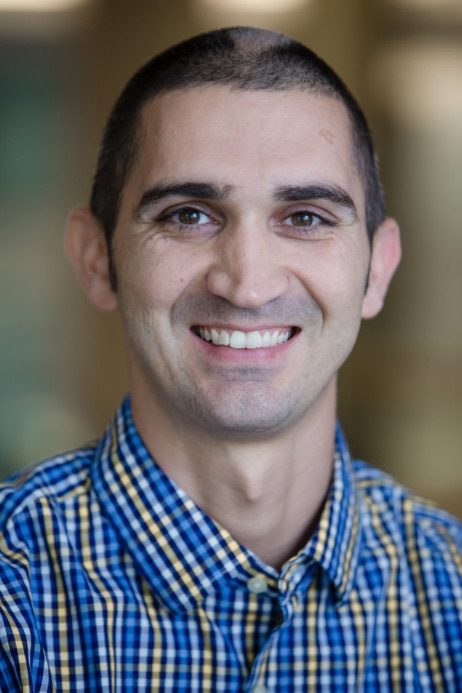Antibiotics have been one of the most consequential innovations in human history, allowing us to treat a wide variety of bacterial diseases that could otherwise be damaging or fatal. However, bacterial resistant to these antibiotics is on the rise, necessitating a constant drive to discover new antibiotic drugs as older ones are rendered less effective. One of the scientists on this forefront of this push is Emory Associate Professor and Georgia Research Alliance Distinguished Investigator, William Wuest, PhD. Wuest runs a lab that is focused on finding novel antibiotics to fight bacterial infections. Recently he and his team have made several notable discoveries, including drugs that can be used against antibiotic-resistant staph (MSRA), as well as bacteria that can cause tooth decay and heart disease.
Wuest originally obtained a degree in chemistry/business from the University of Notre Dame. Between his PhD at the University of Pennsylvania and postdoctoral position at Harvard Medical School, he grew interested in antibacterial development. A major incentive for him to study this subject was the relative lack of interest by pharmaceutical companies in a field that had a growing need.

Bill Wuest, PhD
“The fact that humans have created compounds de novo, that are effective against specific diseases, and have saved countless lives is truly remarkable,” Wuest said. “However, companies’ recent lack of interest in antibiotics has left a convenient void for academics to fill.”
As Wuest’s career advanced, antibiotic-resistant bacteria became a growing problem. Today, these strains of bacteria infect over 2 million people worldwide each year and are responsible for 23,000 annual deaths. A 2014 study by KPMG estimated that 2050, antibiotic-resistant bacteria could cause more deaths than cancer. To combat this problem, Wuest and his team are always looking for new compounds with the potential to become antibiotic drugs. They start by looking at structures in nature that are known to kill bacteria. They then attempt to “strip down” the molecule in the lab to create a simplified form where it can be used in therapies, a process which Wuest says can be challenging.
“Although organic synthesis is a mature field, and we can create virtually any molecule we want, it is still a time consuming and frustrating practice,” Wuest said. “I’m fortunate to lead an incredibly talented group of graduate students, undergraduates, and postdocs at Emory who work very hard day-in and day-out toward these goals.”
Wuest’s work is uncertain by nature, as the outcomes of the trials his lab runs on new drugs are unpredictable. One time, for example, Wuest discovered a compound that appeared to be highly potent at killing Staph bacteria. It was later found, with further testing however, that the compound also damaged human cells, making it impossible to use as a therapy. To Wuest, however, such experiences are just part of his job and make it even more rewarding when he does find a successful antibiotic.
“To me, the most exciting part of every project is to see if our hypotheses are accurate,” Wuest said. “I am the type of person who always loves to be right, but in this field that outcome is typically rare.”
For those seeking a career in his field, Wuest emphasizes intellectual curiosity, particularly through reading scientific literature, as an essential quality to have. He also advises students and young scientists to network, saying such connections have broadened the scope of his own research.
“Our research has been expanding in ways I never would have thought possible through one-off meetings during seminar visits or a dinner after conferences,” Wuest said. “These collaborations have expanded our potential, leveraged our resources, and enabled my students to have broad training experiences.”
William Wuest: http://biomed.emory.edu/academics/faculty-detail.html?action=getFacultyDetail&gdbbsId=07FD72BF-FE9C-4F05-AC97-AB470D7DF98F